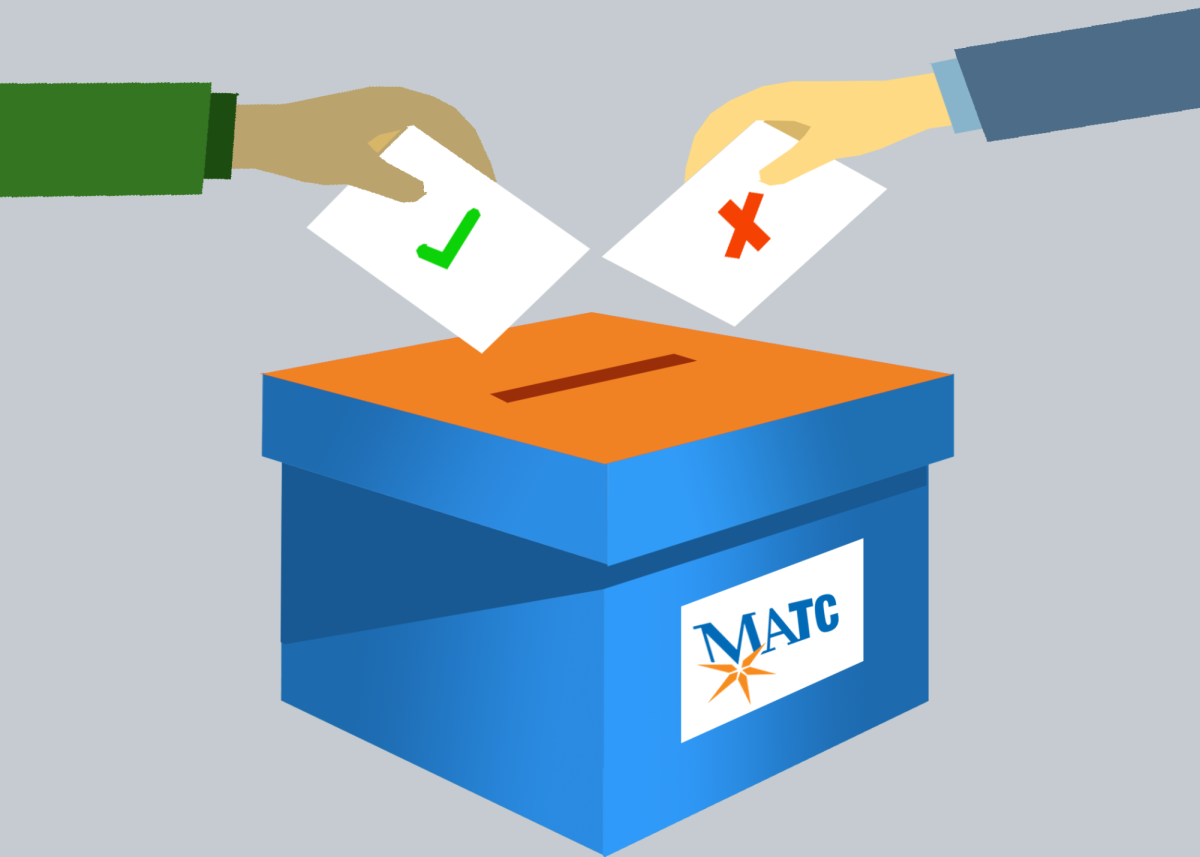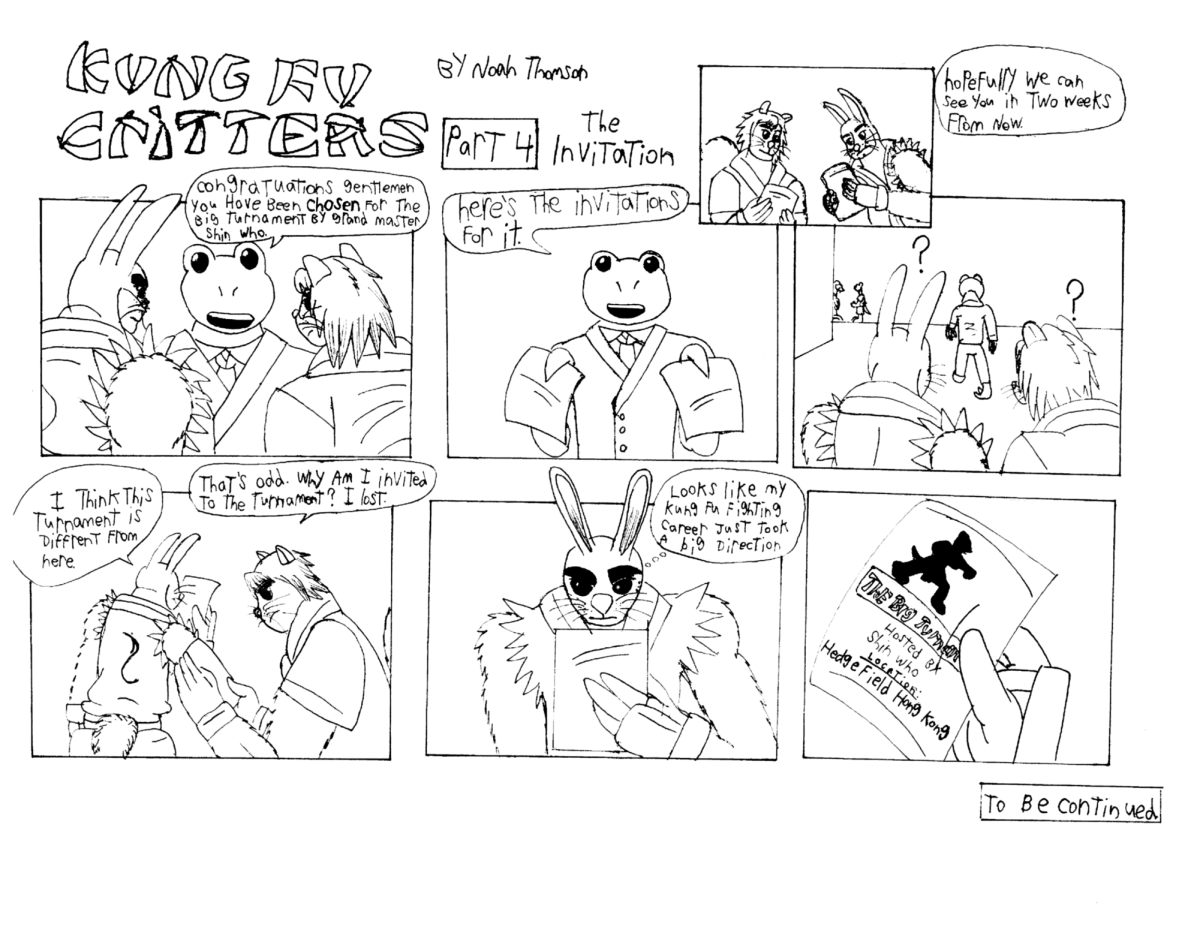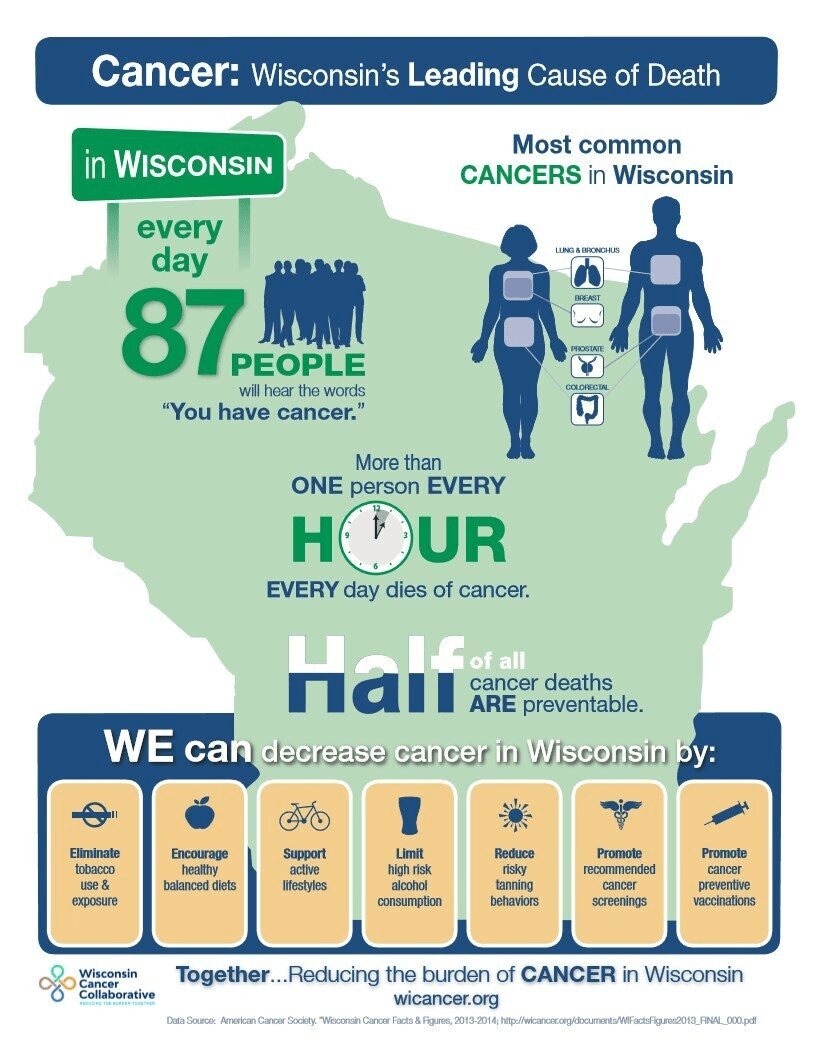Phishing: Don’t get caught
Students are a prime target for phishing scams. Phishing is a term used to describe a method of social engineering wherein the sender attempts to trick people into disclosing private information. This is done by sending a phony email or text, typically offering easy ways to make money, which appears to be from a reputable source.
The information you provide can then be used for theft of your identity, which could allow the sender to accomplish things like draining your bank account or opening credit cards in your name.
Even if an email or text request looks sincere, be skeptical and look for these warning signs:
The message is spontaneous and asks you to update, confirm or reveal personal identity information, passwords or credit card information
The tone of the message is worded with a sense of urgency
The “from” or “reply-to” address looks unusual
The website mentioned doesn’t have an “s” after “http” (for example, https://)
There are multiple grammar or spelling errors
Phishing schemes will continue to get more complex and harder to detect. Do not send sensitive information via email or text. If it is absolutely necessary, verify the person or company you are sending it to and start a new message instead of replying to an existing thread.
When in doubt, delete any email or text you suspect could be phishing. You may also report any phishing to [email protected]. The Anti-Phishing Working Group is a group of Internet service providers, law enforcement agencies, security vendors and financial institutions who utilize these reports to combat phishing.
Please feel free to visit Room M346 of the Downtown Milwaukee campus for assistance with legal issues.
Office hours are Monday through Friday 8 a.m. – 4 p.m.


























































